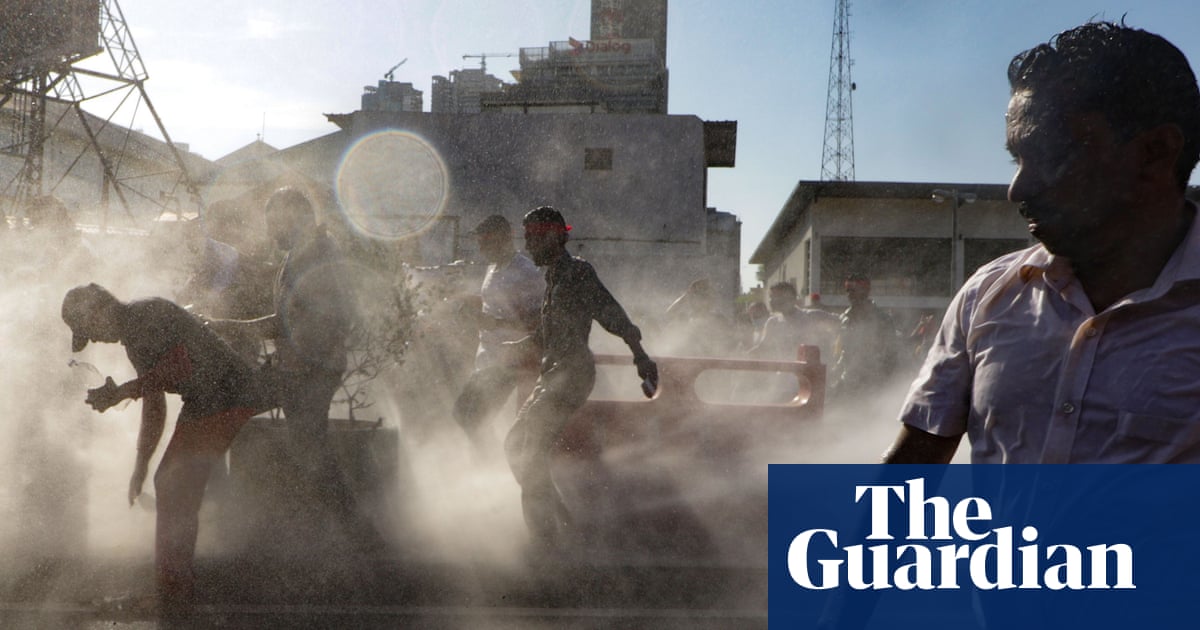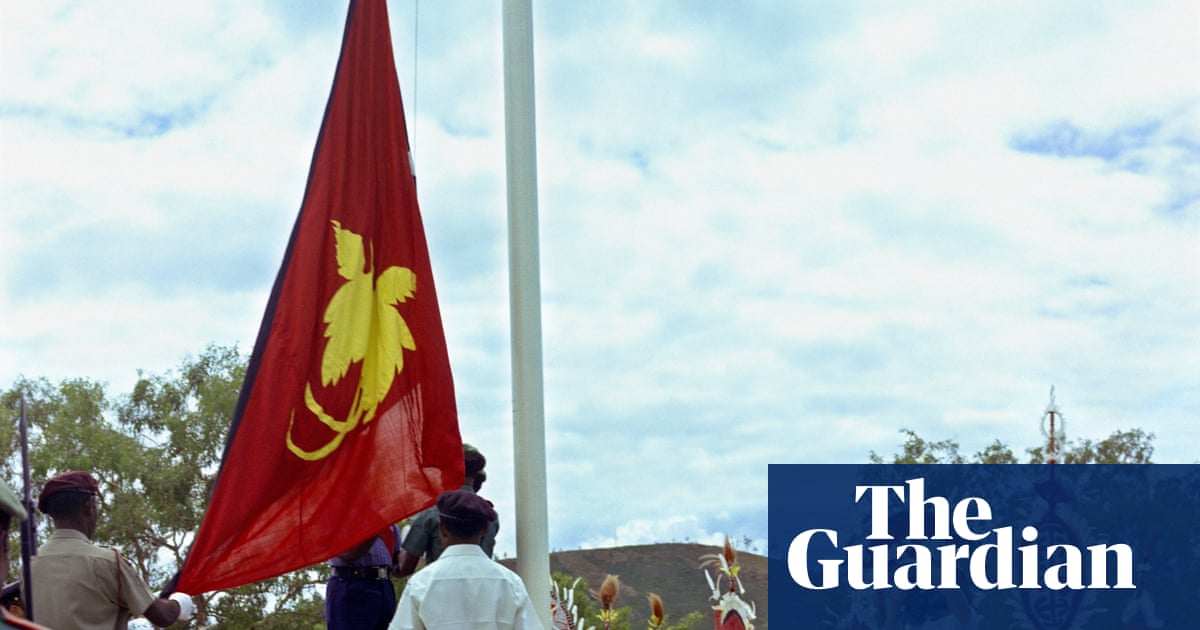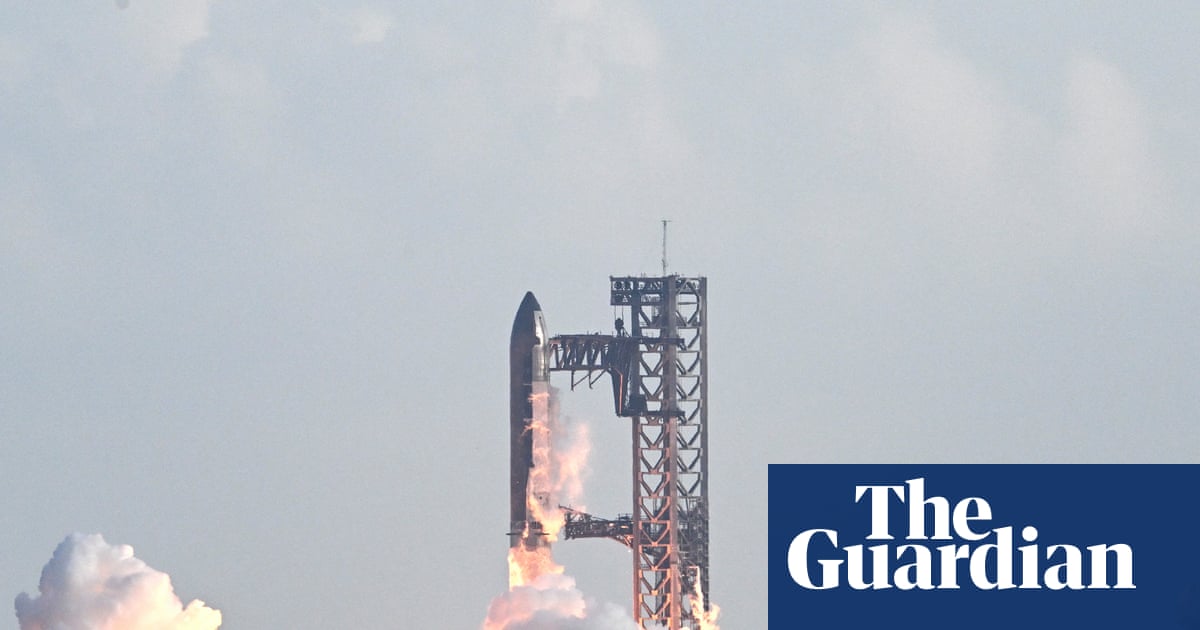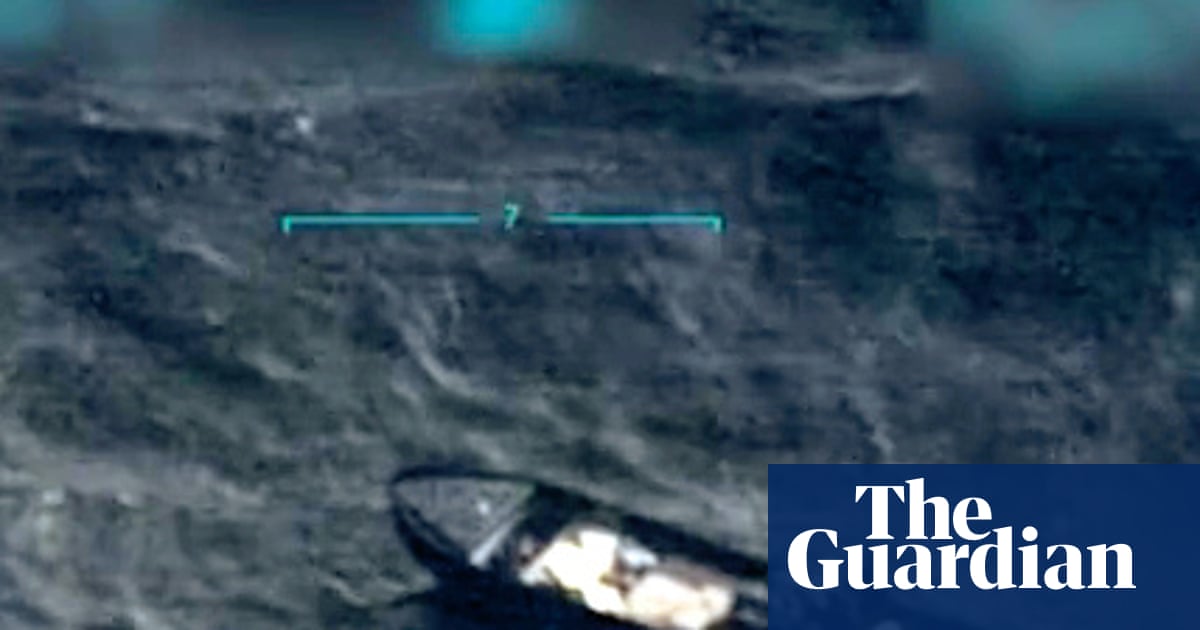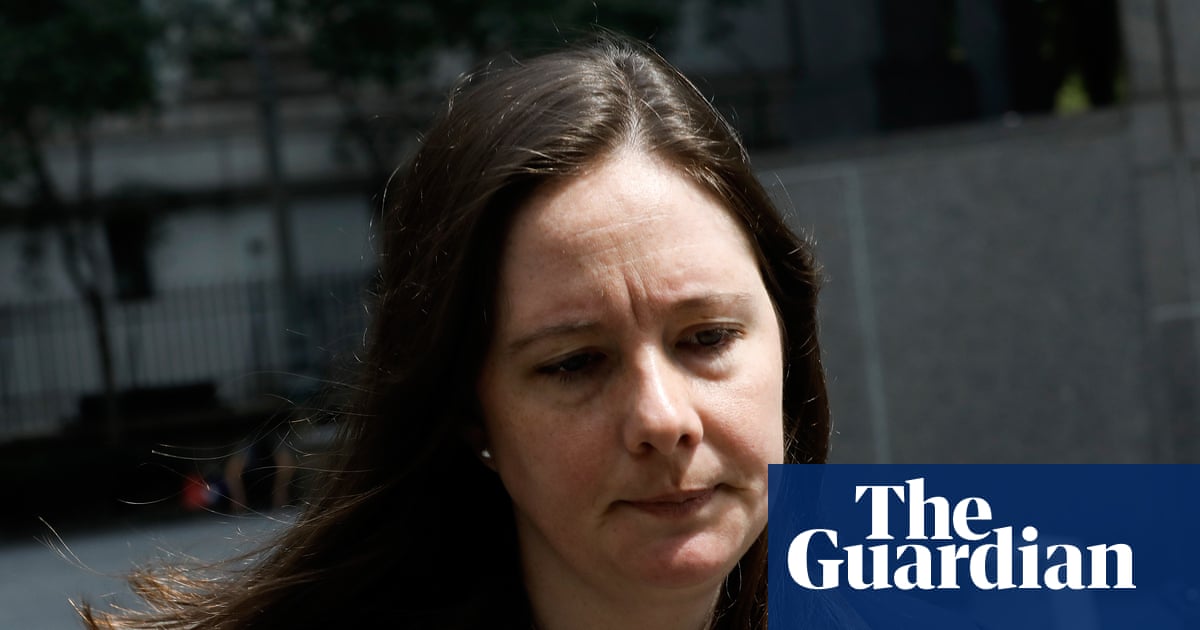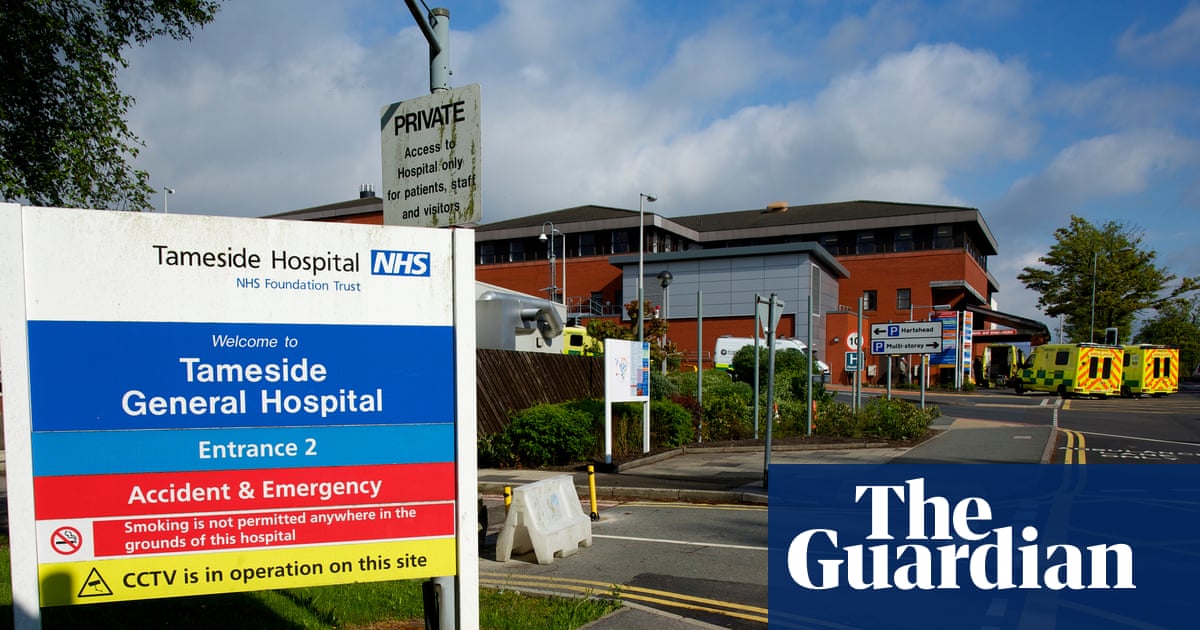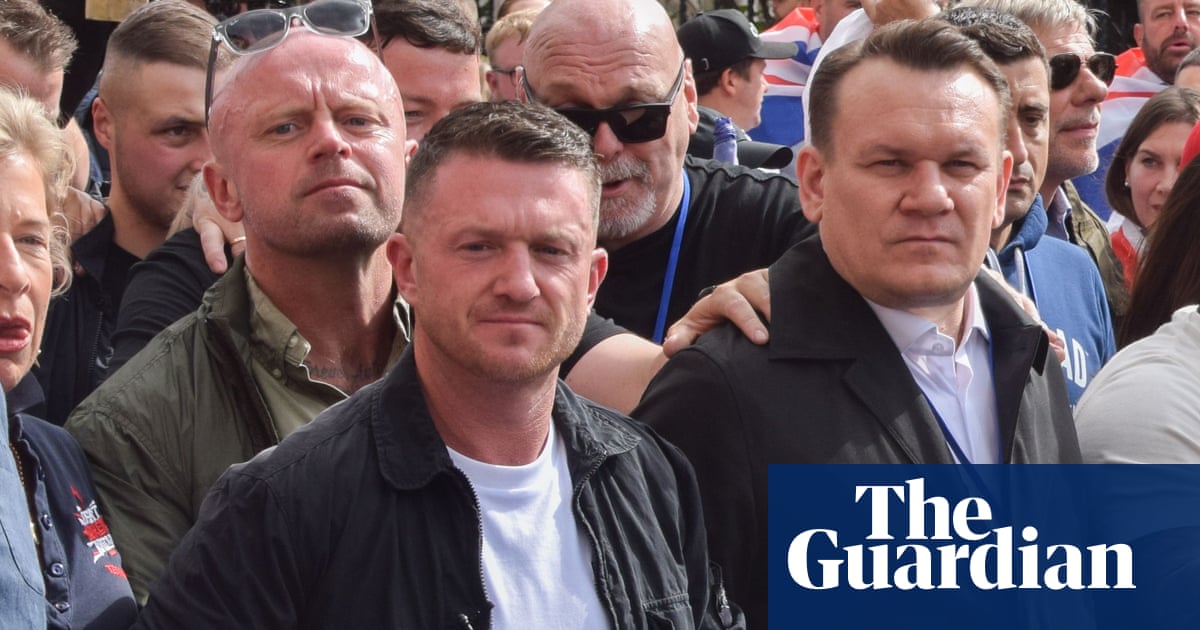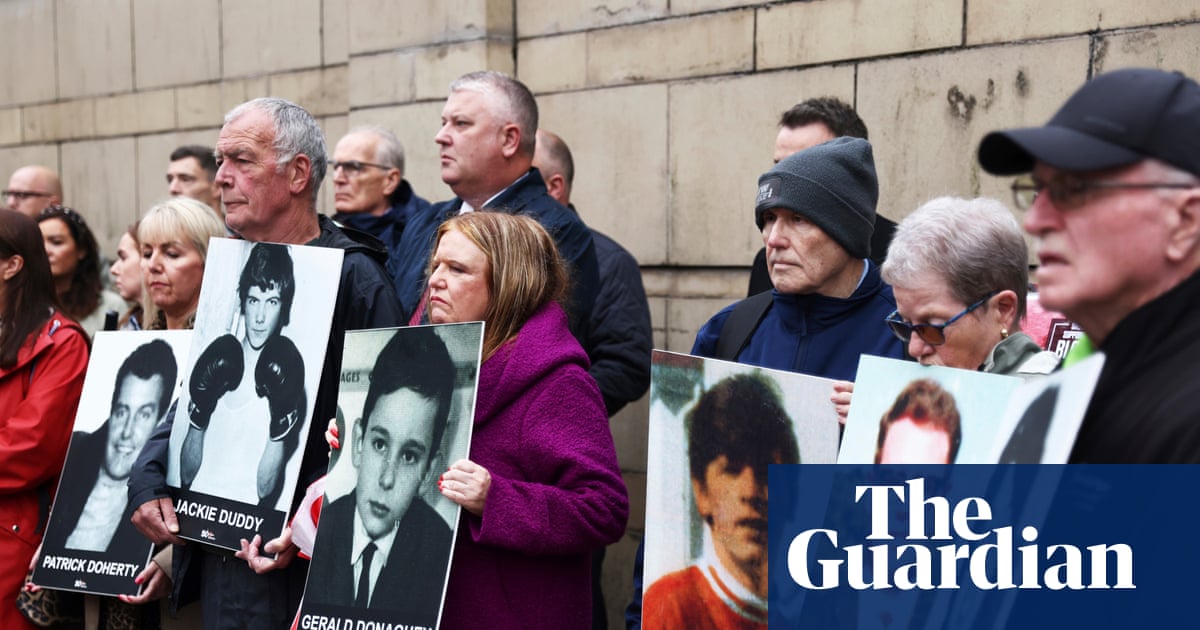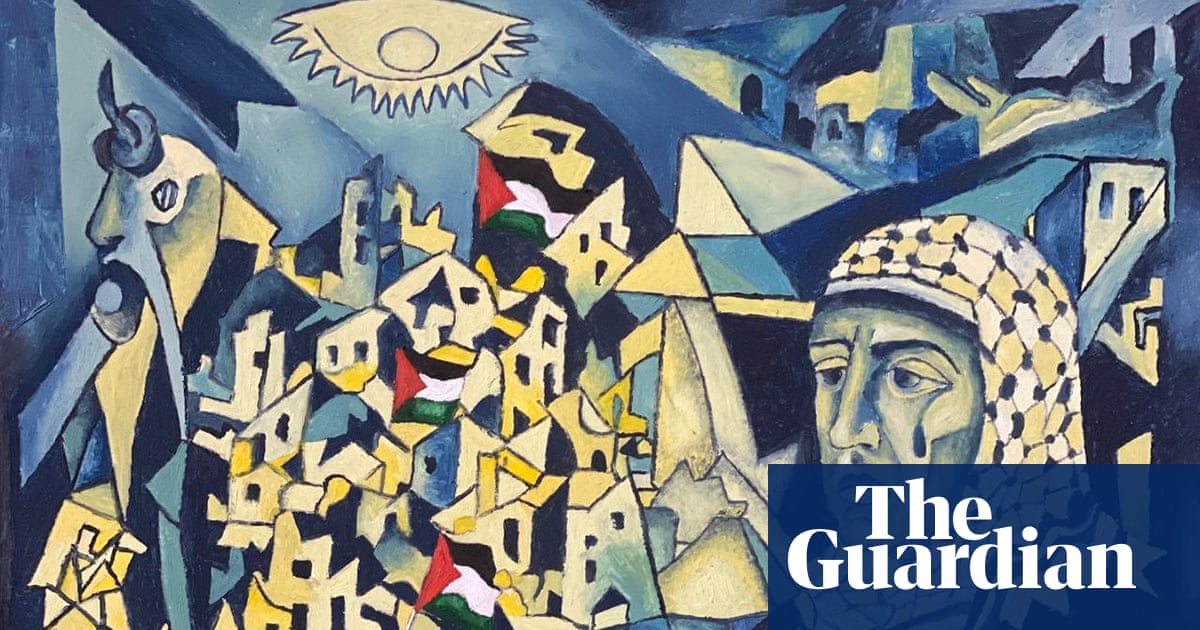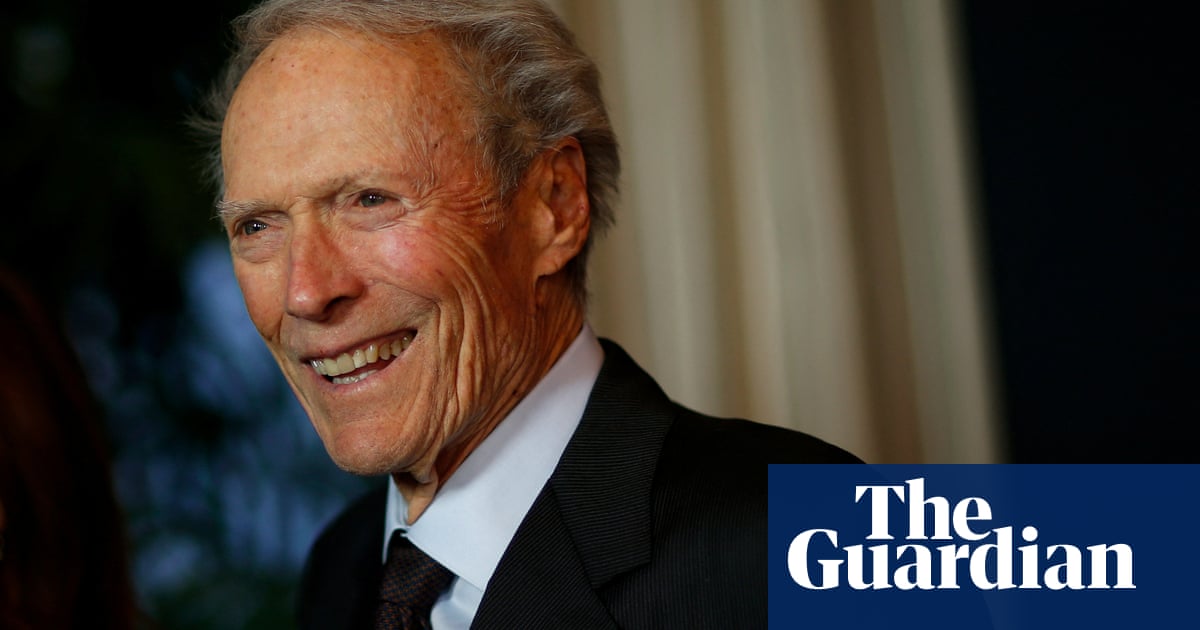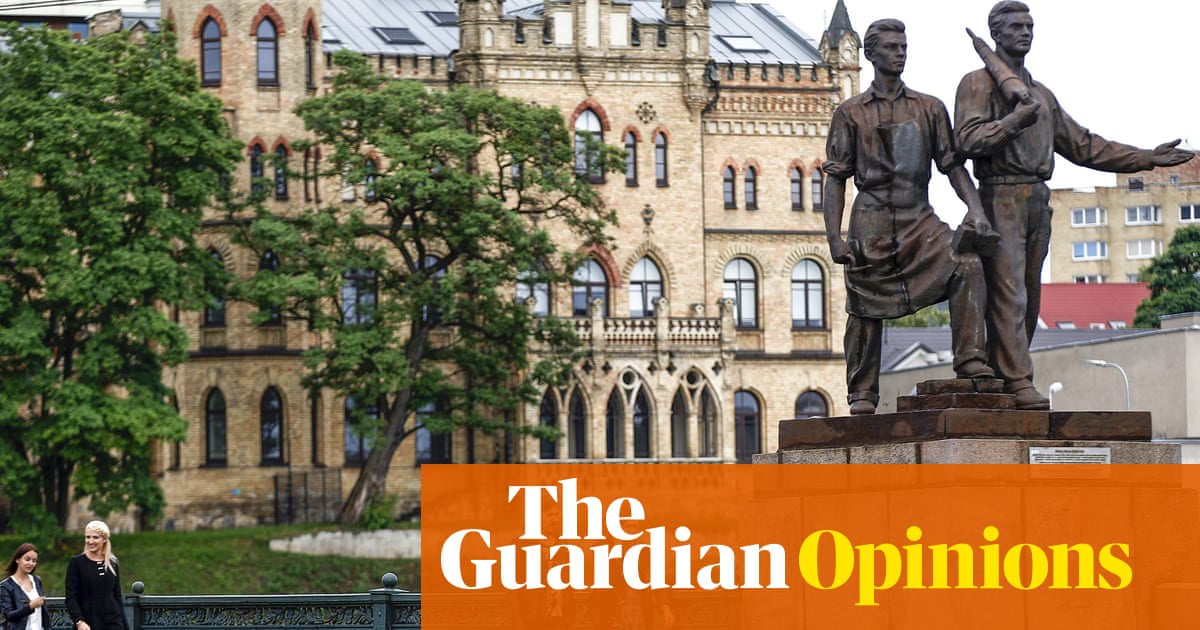Two days ago, Israeli soldiers fired on a massive crowd of starving Palestinians who just wanted to eat. Some of them had walked more than 10km to reach what was then the only aid distribution point in Gaza. They were looking for help from the Gaza Humanitarian Foundation (GHF), a newly formed Israeli-backed logistics group that had set up a distribution centre in Rafah. Israel and GHF lost control of the crowd; Palestinians were shot and killed for seeking food, and dozens were injured.
What the GHF is doing is nothing more than a public relations campaign: it is promoting the illusion that aid has begun entering the Strip in a meaningful way. What we have learned is that GHF only distributed eight trucks’ worth of food on Wednesday. Moreover, a US charity, Rahma Worldwide, which had food parcels that it couldn’t get into Gaza and so allowed them to be “taken custody” by GHF, has accused the organisation of using its logo without permission in the aid distribution. (Rahma said it’s opposed to working alongside GHF because of its use of armed security contractors.) Ultimately, there are tens of thousands of people across the Gaza Strip who will not be able to reach the newly created centres. Even if they function, they will not meet the ever-growing daily needs of the population here.
As an aid worker, I heard the news this week in despair. This is not sustainable. It is no answer to the total siege that Israel has placed upon us. The unconditional entry of aid overseen by UN agencies is the only solution.
Nineteen months ago, the catastrophe that we are experiencing would have been unimaginable. The scale of suffering and pain is beyond comprehension. People here walk the streets without food or drinkable water, and the standard of living has hit its lowest point in recent history, with crippling inflation and empty shelves.
For more than 600 days, aid workers like myself have dedicated ourselves to caring for the people of Gaza under Israel’s brutal occupation and bombardment. Israeli government ministers have declared their intention to ethnically cleanse all the Palestinians in the Gaza Strip. With the comprehensive ban on all types of humanitarian and medical aid – and the only humanitarian crossing, Kerem Shalom in the south, closed since March – aid distribution has faced innumerable challenges.
Our local aid distribution committee has been working in partnership with local and international entities to try to ease the suffering of civilians, especially children, amid the waves of displacement. Nineteen months of evacuation orders, where people are forced to flee with barely any notice, often under bombardment and in fear, has left everyone in a state of panic. People are unsure of where to go or what essential items – like food, water or blankets – to take with them.
During the first waves of displacement, relief agencies set up dozens of camps in every region and established temporary infrastructure for water drainage and drinking water supply, depending on our ability to provide wells or coordinate with the remaining local municipalities in different areas of the Strip.
But as the bombing and military operations intensified, our humanitarian efforts were constantly threatened. Despite repeated setbacks, we remained determined to continue reaching children, the injured and displaced people – many of whom have been forcibly displaced, an average of five times a family.
Gaza has been under fire for almost 20 months, but the most horrifying chapter has unfolded over the past 90 days, with rockets and famine ravaging the bodies of children. I personally know many people who have been killed or injured. Aid organisations have continued our work amid this incomprehensible complexity, but at this stage, even the most basic proposals are unrealistic – trying to feed and care for thousands who can barely find daily sustenance.
As the director of the UN World Food Programme (WPF) stated: the aid trucks that have entered are “a drop in the ocean”. We cannot carry out our work unless the international community applies genuine pressure on Israel. Even the roads are closed and buildings are reduced to rubble, making aid delivery impossible. It cannot be clearer: we need unconditional access for food aid to avoid a more devastating catastrophe.
Gaza needs at least 500 to 600 trucks every day to meet its humanitarian needs. A handful of centres operating in the south of the Strip is no replacement for the hundreds of distribution centres linked to UN programmes and institutions that have been forced to stop operations by the blockade. What must be said clearly is that there is an urgent need to stop the genocide and allow the unconditional entry of aid. It is only through distribution by UN agencies and the international community – not Israel – that we will begin to alleviate this crisis.
-
Eyad Amawi is a coordinator for local NGOs. He is based in Gaza
-
Do you have an opinion on the issues raised in this article? If you would like to submit a response of up to 300 words by email to be considered for publication in our letters section, please click here.

 3 months ago
78
3 months ago
78
